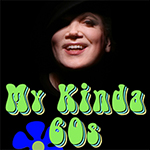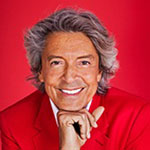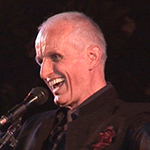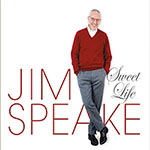Ann Hampton Callaway
The Linda Ronstadt Songbook
Feinstein’s/54Below, NYC, September 22, 2018
Reviewed by Alix Cohen for Cabaret Scenes
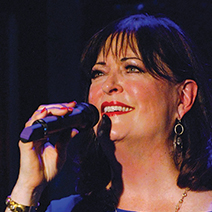
Photo: Michael Di Clemente
Ann Hampton Callaway has immense regard for Linda Ronstadt. She calls out the singer’s influence on an era, her proclivity for making friends with people others might consider competitors, her dogged integrity, and her brave battle with Parkinson’s.
online pharmacy https://aclsedu.com/wp-content/uploads/2023/04/jpg/temovate.html no prescription drugstore
buy tadalafil online https://www.conci.com/wp-content/languages/new/tadalafil.html no prescription
Channeling her own “19 year-old self,” Callaway is clearly having a wonderful time. The show is a Valentine.
“And I ain’t sayin’ you ain’t pretty./All I’m sayin’s I’m not ready for any person,/Place or thing to try and pull the reins in on me” (“Different Drum” by Michael Nesmith). Not only does the song elicit memories, but its sentiments weigh in as well. The audience settles in with comfortable familiarity. Callaway is light and bright.
Ronstadt’s first solo hit, “You’re No Good” (Ken Boothe), is sheer pop. Its infectious rhythm and resonant, twanging guitar team with MD Billy Stritch’s back-up vocal to give the number heft. Callaway swings her body and bounces. Her voice rises, then slaloms down. “Linda is like me. She’s basically into ballad bondage, but occasionally throws in something like this.”
Uncomfortable with the repetitive material her producers pushed, Ronstadt began a new chapter with Anna McGarrigle’s “Heart Like a Wheel.” Callaway sits at the piano for a terrific solo. While some performers wear their hearts on their sleeves, this artist’s voice holds hers. The song, apparently Ronstadt’s favorite, is an open wound—warm, sad, reflective. There’s no superfluous sob, just honest emotion. Tim Horner’s lovely violin enhances.
“Tracks of My Tears” (Smokey Robinson/Pete Moore/Marv Tarplin) is power without shout, focus with feeling. “Poor, Poor Pitiful Me” (Warren Zevon) beginson tiptoes a cappella, then whomps into rockabilly.
online pharmacy https://aclsedu.com/wp-content/uploads/2023/04/jpg/premarin.html no prescription drugstore
“Somewhere Out There” (James Horner/Barry Mann/Cynthia Weil), a lullaby sung over the credits for An American Tail, is performed in vocal duet with Stritch, like two leaves riding an autumn breeze, coming together in harmony, circling apart, wafting. Guitar strings = heartstrings.
With “Am I Blue?” (Harry Akst/Grant Clarke) Callaway enters her own jazz oriented domain. Its mid-tempo, supper-club swing exhibits the kind of deceptively nonchalant delivery in which she excels. We’re also treated to a bit of the performer’s incomparable scat. The piano and guitar are declaratory. The singer looks out at us as if saying, “Cool, right?” Right.
Phil Everly’s “When Will I Be Loved?” epitomizes the sound we associate with Ronstadt. In Callaway’s hands, we hear pride, not prayer—a song of “I deserve.” One senses “damn!” before each phrase. We close with the celebrant’s iconic “Desperado” (Glen Frey/Don Henley), at first, a soulful solo. Her eyes close in sympathy. The band soothes.


